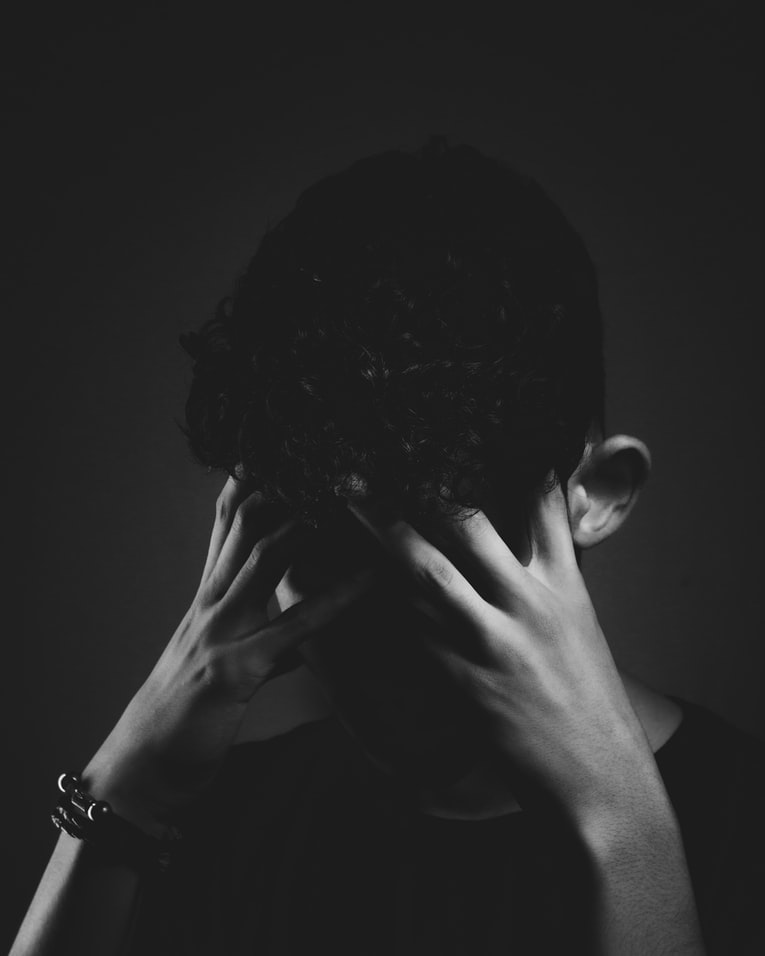Have you ever experienced both anxiety and depression at once? Anxiety and depression are two separate mental health conditions. However, it is very common to experience both. Anxiety tends to lead to depression, and depression can make you more anxious. For example, depression can lead to isolation which can make you anxious when you are in social situations.Anxiety and depression both have their own physical and mental symptoms. They can both interfere in your daily activities if nothing is done about it. Luckily, both anxiety and depression have treatment methods that can help you live your best life. Seeking a diagnosis is crucial to get you started on treatment right away.Here is why depression and anxiety tend to go hand-in-hand for those struggling with mental illnesses.
 Distinguishing Anxiety and Depression
Distinguishing Anxiety and Depression
The main symptom of anxiety is excessive worrying. You could be worrying a lot about the future, getting hurt, being around people, and more. Anxiety could also mean constantly thinking about worst-case scenarios or avoiding things that make you scared. Physical symptoms also interfere with your life where it literally feels like you are sick. Symptoms of anxiety include-
- Excessive worrying
- Trouble concentrating
- Irritability
- Fear of wellbeing
- Trouble sleeping
- Fatigue
- Muscle aches
- Upset stomach
- Shortness of breath
- Rapid heartbeat
Depression can make you feel hopeless, sad, and worthless. There may be lifestyle changes you make like a change in appetite, sleep, and energy. It can also be hard to concentrate on your work or activities. Symptoms of depression include-
- Feelings of sadness, guilt, and worthlessness
- Negativity of the future
- Trouble concentrating
- Loss of interest in favorite activities
- Thoughts of suicide
- Changes in sleep, appetite, physical movement, and energy
If these symptoms continue to go ignored, they could worsen over time.
 The Connection Between Anxiety and Depression
The Connection Between Anxiety and Depression
Anxiety and depression have to do with neurotransmitters which are responsible for sending messages between brain cells. Neurotransmitters like serotonin, dopamine, and epinephrine impact our feelings which can play a role in development.Genetics can also be a contributing factor to developing anxiety and depression if a family member has it. If you experienced trauma in your life, anxiety and depression can be resulting symptoms of it. Having anxiety could put you at risk for depression, especially if you feel like you have no control over your life.
What Comes First
It is hard to tell whether anxiety comes before depression or the other way around. If someone has depression, they may have anxiety about how they are feeling. The same can occur if anxiety happens first. If someone is in a constant state of worry that influences their work performance or relationships, this can lead to depression if things do not work out.The cause of mental health disorders can be complex and varied. If anxiety and depression is left untreated, it can lead to other mental health disorders or using drugs or alcohol to mask your feelings.
Treatment Options
If you feel like your anxiety and depression symptoms persist after a couple of weeks, seek diagnosis. Once you receive a diagnosis, you will also receive a personalized treatment plan fit for your needs.Medication like selective serotonin reuptake inhibitors can treat both anxiety and depression. Lifestyle changes can also help you achieve a successful recovery for your symptoms like regular sleep, eating well, and exercising. Since both mental illnesses could heighten each other, they may be challenging to treat. But, it is always possible as long as you work together with your therapist.If your anxiety and depression symptoms are troubling you, speak to a mental health professional to get you on the right path.
 Distinguishing Anxiety and Depression
Distinguishing Anxiety and Depression

 The Connection Between Anxiety and Depression
The Connection Between Anxiety and Depression